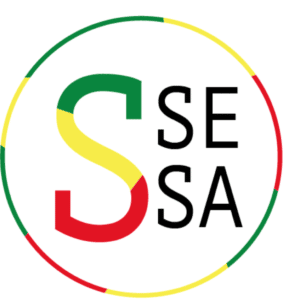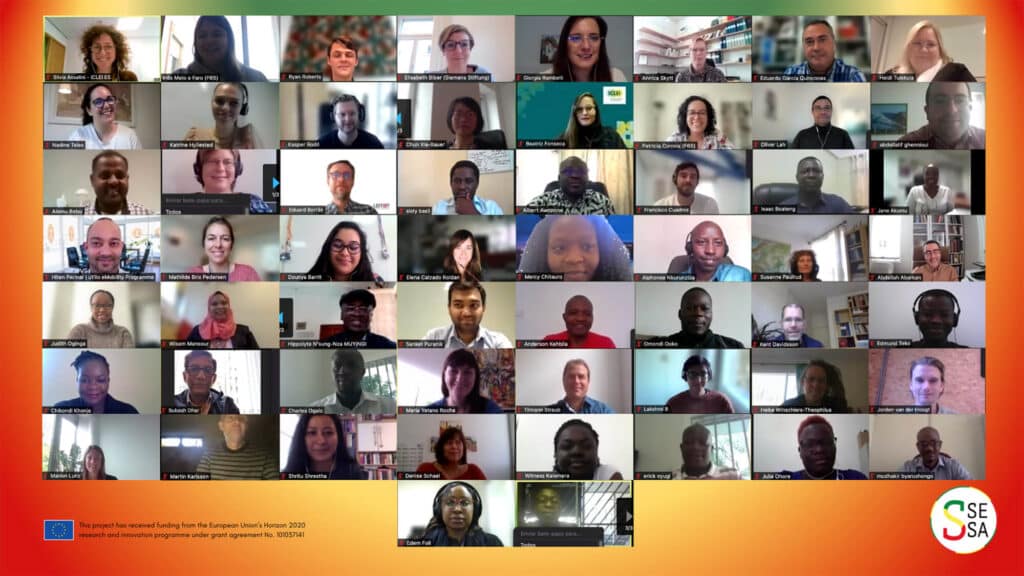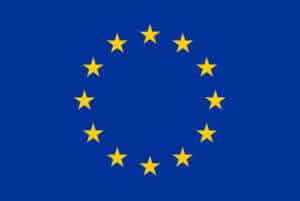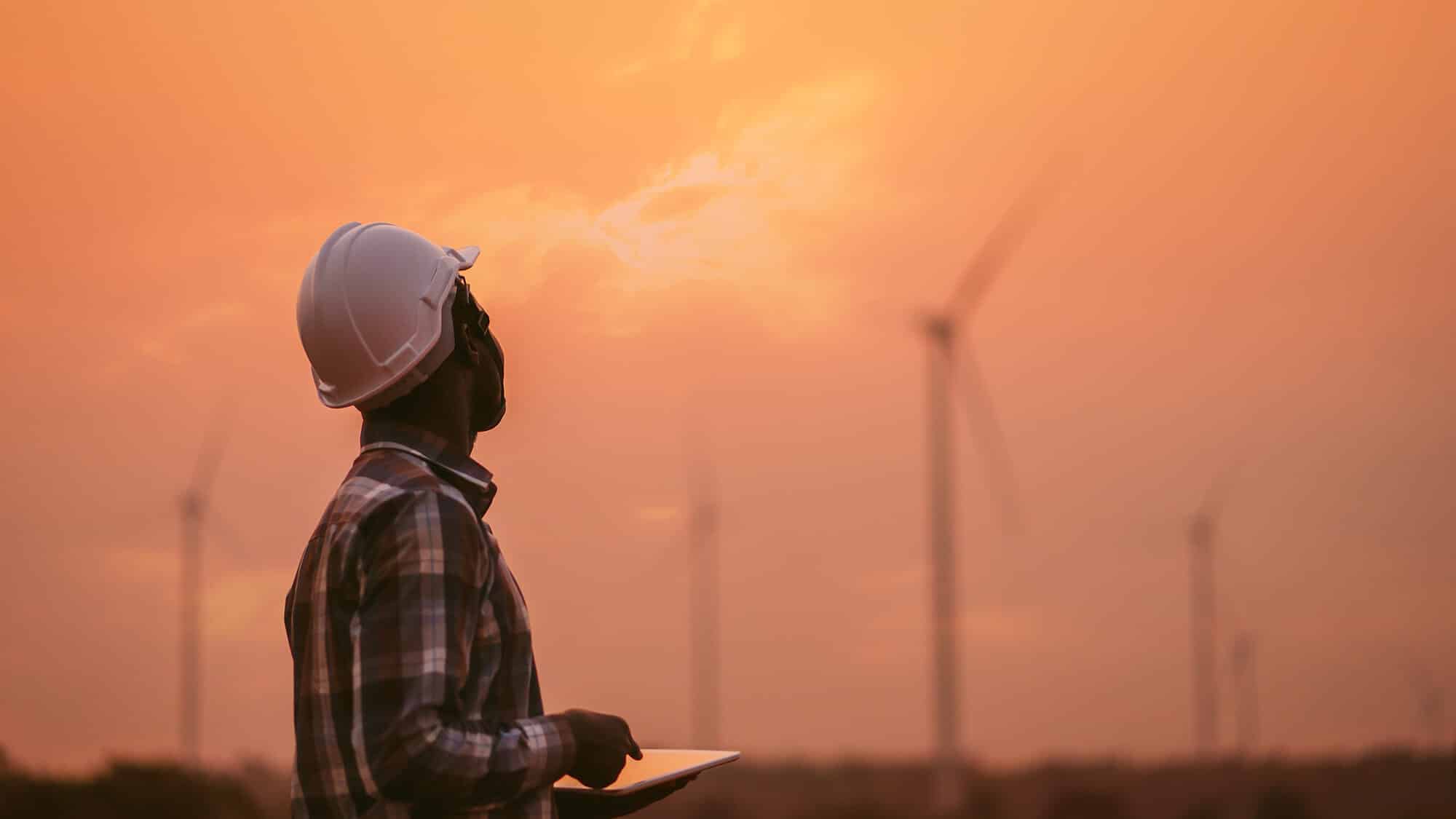
SESA is a new EU funded project under H2020 that aims at mitigating climate change while improving access to sustainable energy under affordable, reliable conditions.
SESA is a collaborative project between the EU and Africa that aims at providing energy access technologies and business models that are easily replicable and generate local opportunities for economic development and social cohesion in Africa. Through several local living labs, it is expected to facilitate the co-development of scalable and replicable energy access innovations, to be tested, validated, and later replicated throughout the African continent. These solutions will include decentralised renewables (solar photovoltaics), innovative energy storage systems including the use of second-life electric vehicle batteries, smart microgrids, waste-to-energy systems (biomass to biogas), climate-proofing, resilience and adaptation, and rural internet access.
Running from October 2021 until September 2025, SESA is the result of a strong partnership between leading European and African universities, research centres, industry actors, local governments, knowledge and implementation organizations and networks. These will be strengthened via peer-to-peer exchange, policy dialogues, regional and international events among the others.
Smart Innovation Norway is a member of the SESA consortium and will lead the “ Technical and business partnerships, models and implementation plans” work package, coordinating the SESA Start-up Incubator and the replication roadmaps.
How does SESA work?
SESA stands for Smart Energy Solutions for Africa.
The project has been designed to combine innovative energy access solutions for a range of applications in both urbanised and rural contexts in Africa and will focus on testing, validating, and replicating those energy innovations through co-developed demonstration actions in 5 living labs. These demonstration actions will be initially tested in Kenya and based on the initial learnings, various aspects of the tested innovations will then be validated in Ghana, South Africa, Malawi, and Morocco living labs. Each technology demonstrated in the living lab will be accompanied by comprehensive information and training packages to support the implementation, scale up and replication in other African countries. The learnings from the ground activities of the living labs as well as the tools and guidelines from the partners will be shared in the SESA’s toolbox – an open access online capacity building tool – and the project will also run an incubation programme to support the uptake of local start-ups with seed funds.
The main goal is to support a diversity of affordable solutions that help provide access to reliable, efficient, and sustainable energy services for all, creating new business opportunities and developing concepts that can directly contribute to a low-carbon development. For this reason, the project also foresees policy dialogues and recommendation aiming at creating a favourable regulatory context for a long-lasting impact of the actions.
What will be the main results?
The main goal of SESA is to support a diversity of affordable solutions that help provide access to reliable, affordable, and sustainable energy services for all, creating new business opportunities and developing concepts that can directly contribute to a low-carbon development. SESA`s results will also inform policy dialogues and the development of recommendations aiming at creating a favourable regulatory environment to ensure long-term impacts of the solutions developed.
SESA’s kick-off meeting

SESA had its kick-off meeting on the 12th and 13th of October, online. More than 70 representatives from 30 consortium members joined together for the first time to discuss the project goals, objectives and first steps.
Want to get in touch?
Follow us in our social media channels Facebook, LinkedIn and Twitter and get to know more about our project and upcoming activities. More news on the project’s website and newsletter will follow shortly.

This project has received funding from the European Union’s Horizon 2020 research and innovation programme under grant agreement No. 101037141.

